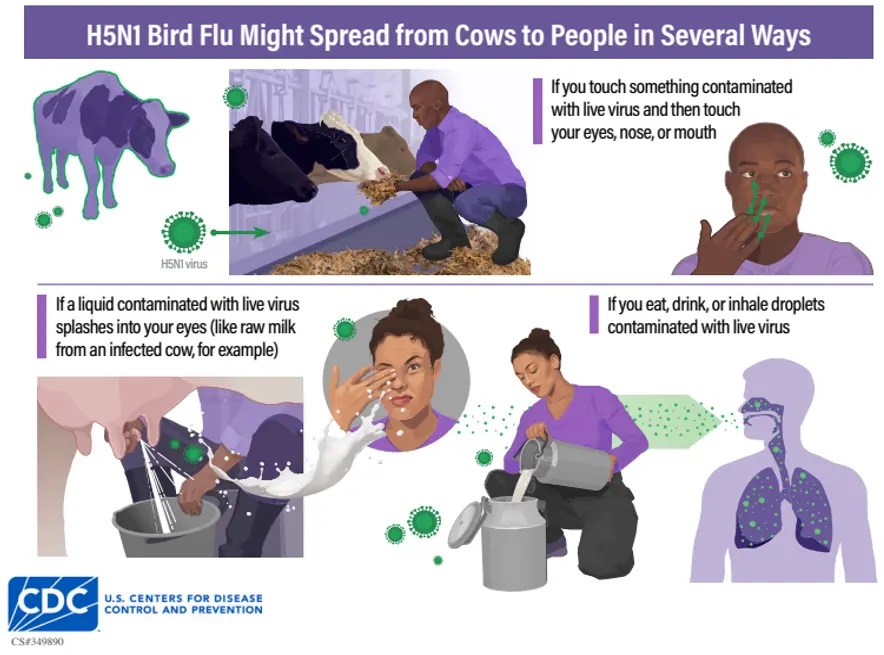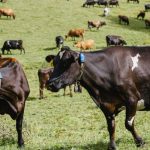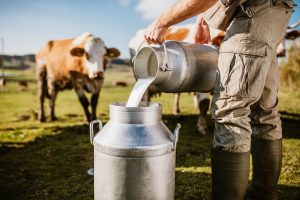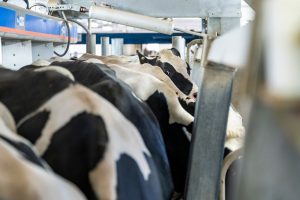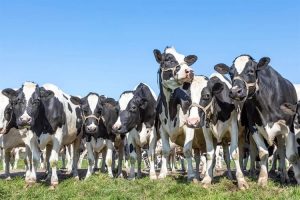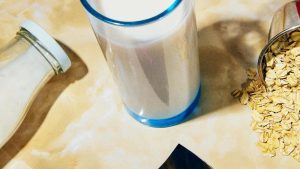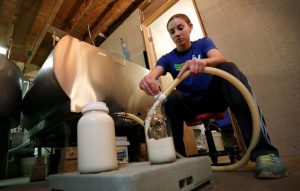The H5N1 virus has spread to additional dairy herds and poultry farms in the US Since November 27, California has reported 14 new outbreaks, raising the state’s total to 475, with 689 affected dairy herds across 15 states. Poultry farms in California, Minnesota, North Dakota, South Dakota, Utah, and Tennessee have also been impacted.1
Symptoms of bird flu in humans can include fever, cough, sore throat, diarrhea, muscle aches, fatigue, difficulty breathing, and pneumonia, with severe cases potentially leading to death. The virus spreads primarily through contact with infected animals or their bodily fluids, including feces, feathers, and saliva. People can become infected by inhaling contaminated dust or droplets, touching contaminated surfaces, or consuming raw (unpasteurized) milk from infected cows.3
What You Need To Know
A batch of raw milk from Raw Farms in California tested positive for H5N1, prompting a recall and health alert.
Two dairy workers in California tested positive for H5N1, bringing the total number of human cases in the state to 31.
Health officials emphasize that pasteurized milk is safe to consume, and the overall risk to the public remains low.
To reduce the risk of infection, workers should use personal protective equipment (PPE) such as goggles, NIOSH-approved respirators, gloves, coveralls, and boots when handling animals that could be infected with H5N1. Workers are also advised to wash their hands thoroughly after handling animals, animal waste, or raw dairy products.1
To protect workers at high risk, the California Department of Public Health has distributed protective gear and provided 5,000 seasonal flu vaccines to dairy farm workers to reduce the potential for co-infection with seasonal flu. California health officials recommend wearing dedicated work clothing and footwear, changing after work, and showering to reduce the chance of spreading the virus.3
As the situation evolves, California health officials are urging the public to stay informed about potential risks related to bird flu. For the latest updates and guidance, individuals can contact their local public health department or visit the CDPH website. While outbreaks continue, health officials emphasize that the risk to the public remains low. There have been no cases of person-to-person transmission, and no illnesses have been linked to the contaminated raw milk. Health authorities reassure consumers that pasteurized milk is safe, as the pasteurization process effectively eliminates the virus.1
References
2. California Acts to Protect Public Health: CDPH Warns Against Drinking Single Lot of Raw Milk Following Bird Flu Detection; Secures Voluntary Recall. CDPH. November 27, 2024. Accessed December 3, 2024. https://www.cdph.ca.gov/Programs/OPA/Pages/NR24-039.aspx
You can now read the most important #news on #eDairyNews #Whatsapp channels!!!
🇺🇸 eDairy News INGLÊS: https://whatsapp.com/channel/0029VaKsjzGDTkJyIN6hcP1K
